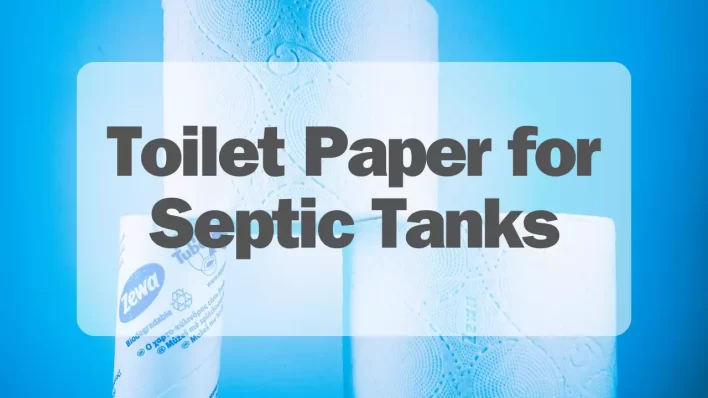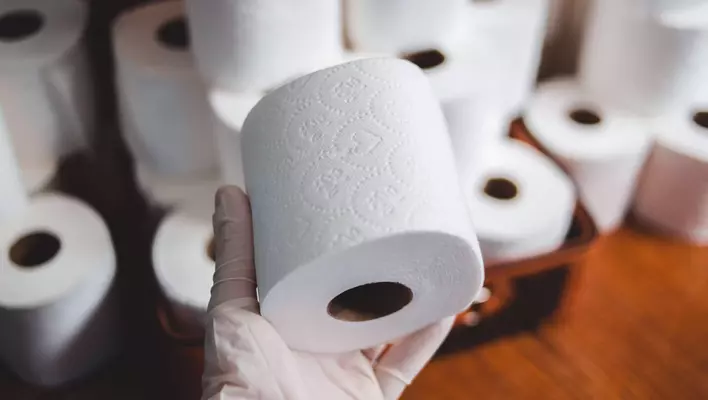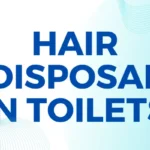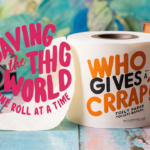Environmentally Safe Toilet Paper for Septic Tanks: Sustainable Solutions

In an era focused on environmental sustainability, every choice we make has an impact. From our energy sources to daily habits, individuals are seeking ways to minimize their ecological footprint. One often overlooked aspect is the type of toilet paper we use, especially for those with septic tanks. Recognizing the importance of choosing environmentally safe options, such as toilet paper designed for septic tanks, becomes paramount in our commitment to sustainability. In this comprehensive exploration, we delve into the challenges of septic tank usage, the key features of environmentally safe toilet paper for septic tanks, how to identify such products, and the myriad benefits they offer.
Content
Understanding Septic Tank Challenges
Challenges with Non-Septic-Safe Toilet Paper:

Septic systems play a vital role in waste management for homes not connected to municipal sewer lines. However, these systems are sensitive, and using the wrong type of toilet paper can lead to issues. Non-septic-safe toilet paper can take longer to break down, potentially causing blockages, increased maintenance costs, and environmental harm.
Impact on the Environment:
Beyond the immediate challenges to septic systems, the environmental impact of non-septic-safe toilet paper is noteworthy. The slow degradation of such paper contributes to pollution and places an additional burden on waste management systems.
Key Features of Best Toilet Paper For Septic Tanks
Biodegradability and its Significance:
Environmentally safe toilet paper goes beyond being just gentle on the planet—it’s also tailored to support septic systems. Biodegradability is a crucial factor, ensuring that the paper breaks down efficiently after flushing.
Rapid-Dissolving Properties:
Rapid-dissolving properties further contribute to seamless integration with septic systems, preventing clogs and reducing strain on the overall system.
Avoidance of Harmful Additives:
Additionally, environmentally safe options often exclude harmful additives that might compromise the health of septic tanks. Chemicals and dyes commonly found in non-environmentally friendly options can disrupt the delicate balance of septic systems.
How to Identify Environmentally Safe Toilet Paper
Reading Product Labels:
Reading product labels is crucial in selecting environmentally safe toilet paper. Look for terms like “biodegradable,” “rapid-dissolving,” and any relevant certifications, such as the Forest Stewardship Council (FSC) logo.
Understanding Labels:
Understanding these labels empowers consumers to make choices aligned with their environmental values. The FSC certification, for instance, indicates sustainable and responsible forestry practices, ensuring that the paper source is environmentally friendly.
Benefits of Using Environmentally Safe Toilet Paper
Reduced Environmental Impact:
The advantages of using environmentally safe toilet paper extend beyond personal satisfaction. By choosing products that align with septic system needs, users contribute to reduced environmental impact and waste.
Extended Lifespan of Septic Systems:
These choices can lead to an extended lifespan and improved performance of septic systems, ultimately reducing the frequency of maintenance and associated costs.
Cost-Efficiency in the Long Run:
While environmentally safe toilet paper may have a slightly higher upfront cost, the long-term savings in septic system maintenance often outweigh the initial investment. The prevention of clogs and the need for fewer repairs contribute to overall cost-efficiency.
Case Studies
Real-world Examples:
Real-world examples showcase the positive impact of adopting sustainable toilet paper practices. Communities or individuals that have made the switch often report improved septic system health, lower maintenance costs, and a sense of pride in contributing to a greener environment.
Community Initiatives:
Communities that prioritize environmentally safe practices, including the use of sustainable toilet paper, showcase how collective efforts can lead to significant positive outcomes. These initiatives often inspire others to follow suit.
Challenges and Considerations
Initial Cost Considerations:
While the benefits are clear, it’s essential to address potential challenges. Some users may initially find that environmentally safe toilet paper is slightly more expensive. However, when considering the long-term advantages for both the environment and septic systems, many users view it as a worthwhile investment in sustainable living.
Availability and Accessibility:
In some regions, access to a variety of environmentally safe toilet paper brands might be limited. However, the growing demand for sustainable products is prompting increased availability, and online platforms provide a convenient solution for those in remote areas.
Conclusion
In conclusion, choosing environmentally safe toilet paper for septic tanks is a small yet impactful step towards a more sustainable lifestyle. The benefits are twofold: a healthier septic system and a reduced environmental footprint. By understanding the key features, exploring top brands (if applicable), and learning from case studies, individuals can make informed choices that benefit both their homes and the planet.
FAQs
What makes toilet paper environmentally safe for septic tanks?
Toilet paper that is environmentally safe for septic tanks is characterized by biodegradability, rapid-dissolving properties, and the absence of harmful additives.
Are there specific certifications to look for when choosing environmentally safe toilet paper?
Yes, certifications such as the Forest Stewardship Council (FSC) indicate that the toilet paper comes from responsibly managed forests.
Can using environmentally safe toilet paper really improve septic system health?
Yes, using environmentally safe toilet paper can contribute to improved septic system health by reducing the strain on septic systems.
Are there any drawbacks to using environmentally safe toilet paper for septic tanks?
While some users may initially find environmentally safe toilet paper slightly more expensive, many view it as a worthwhile investment in sustainable living.
How can I ensure that the toilet paper I choose is suitable for my septic system?
To ensure suitability, look for key features such as biodegradability and rapid-dissolving properties. Reading product labels and user testimonials can also provide valuable insights into performance.












